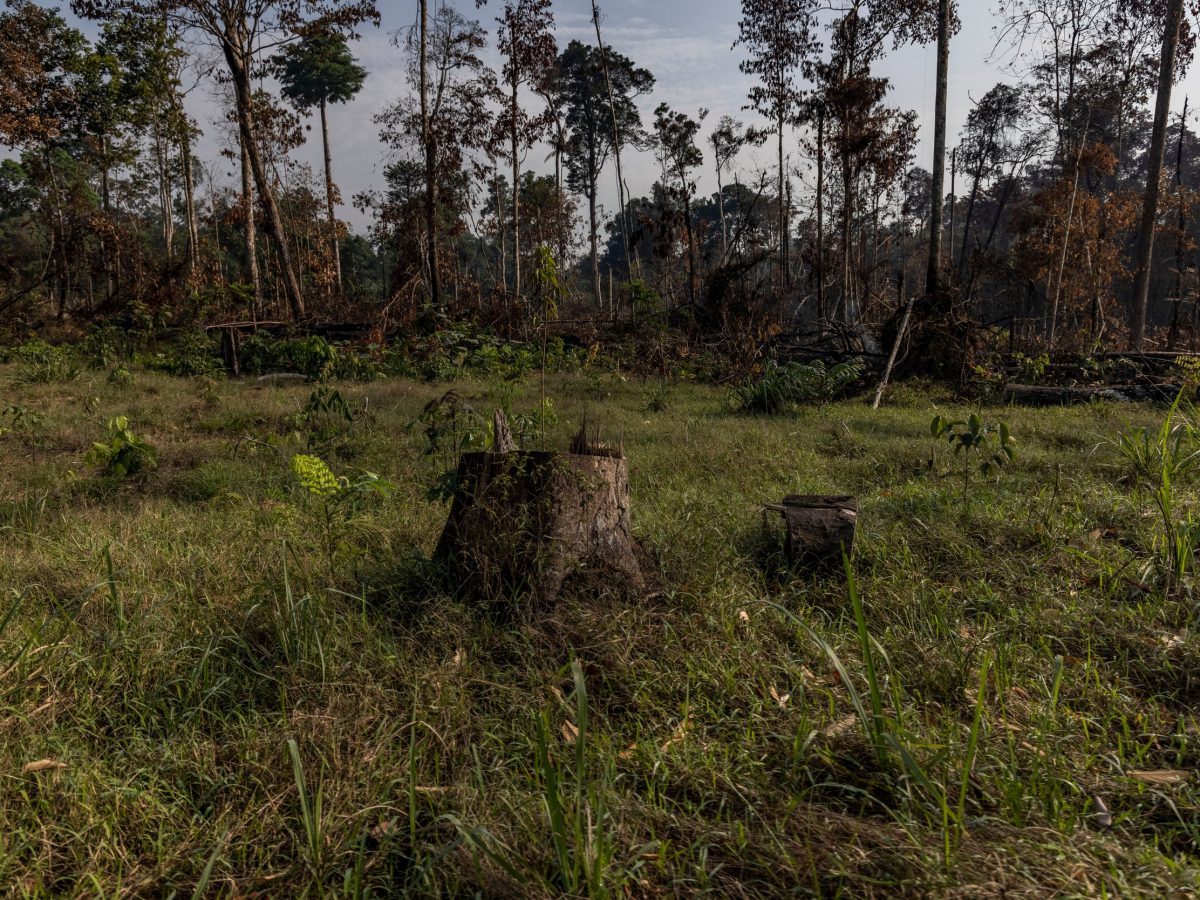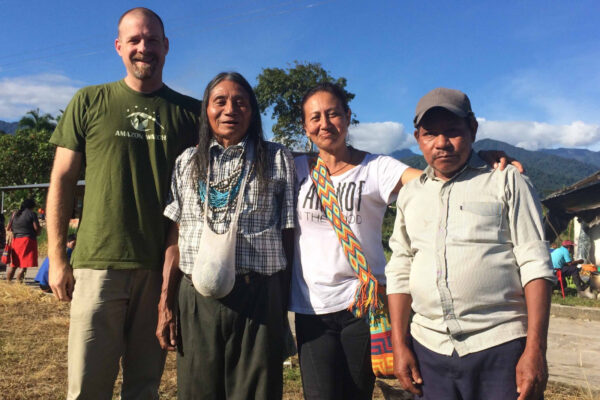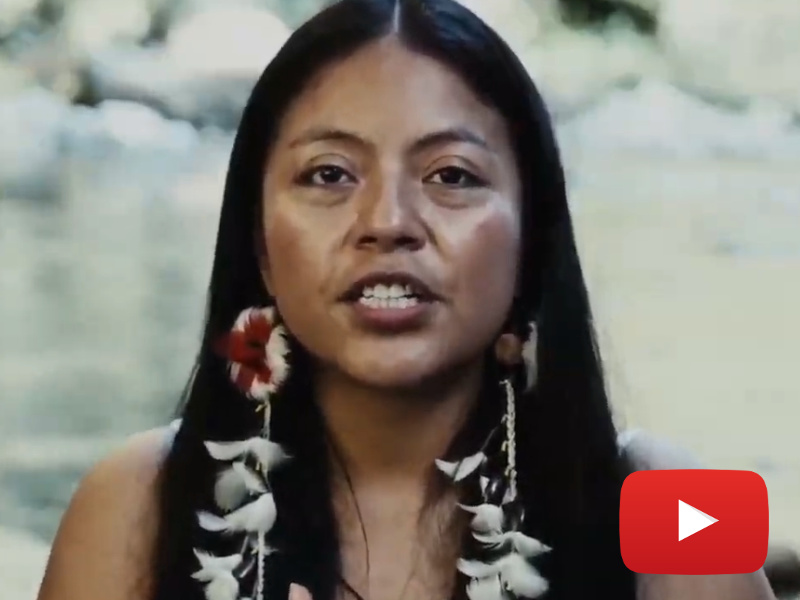As the principal steward of the world’s largest rainforest, Brazilian President Jair Bolsonaro has been at the center of much of the discussion surrounding the United Nations Climate Change Conference in Glasgow, Scotland. But the headlines are about as close as he got to the international gathering. Like a number of other nationalist leaders, Bolsonaro decided to skip the summit, opting instead to embark on a pilgrimage to the town in northern Italy where his grandparents were from before heading home.
But Brazil wasn’t completely absent from COP26. In fact, the country’s delegation was party to some of the conference’s banner announcements, including pledges to reduce methane emissions and, perhaps most notably for Brazil, to end illegal deforestation by 2030. As the home of the Amazon, the country has long faced scrutiny for its management of the rainforest, the deforestation of which has surged under Bolsonaro’s leadership. By signing on to commitments to protect the Amazon, even in absentia Bolsonaro appeared to be pivoting from his trademark disregard toward climate change to, at the very least, a general acknowledgment of Brazil’s role in fighting it.
Still, close observers remain rightly skeptical. The kind of multilateral engagement required to tackle the climate crisis is anathema to the nationalist leaders governing some of the world’s biggest polluters, Bolsonaro among them. While the international community may be cheered by promises to change tack, the real test will be what happens after COP26 ends.
In Bolsonaro’s case, there is little reason for optimism. The Brazilian president’s track record on the climate has ranged from general apathy to outright hostility. As a candidate, he pledged to follow Donald Trump’s lead by withdrawing from the Paris Agreement, on the grounds that the accord threatened Brazil’s sovereignty over the Amazon, a position he later reversed. At the time, Brazil was experiencing some of its lowest deforestation rates in decades—a short-lived achievement credited in large part to improved enforcement of environmental laws and enhanced surveillance technology. Under Bolsonaro’s watch, however, measures to protect the Amazon have been scaled back and deforestation has surged to a 12-year high. As a result, while much of the world experienced a drop in greenhouse-gas emissions during the pandemic, deforestation saw Brazil’s grow by 9.5 percent.
Bolsonaro isn’t the only nationalist leader who has demonstrated little regard for climate change. Indeed, many of the others who didn’t show up at COP26, including China’s Xi Jinping, Russia’s Vladimir Putin, and Turkey’s Recep Tayyip Erdoğan, have by some measures even worse track records. “The difference is, we have the Amazon,” Ana Toni, the director of Brazil’s Institute for Climate and Society and a senior fellow at the Brazilian Center for International Relations, told me from Glasgow. Although the Amazon is often erroneously referred to as “Earth’s lungs,” it nonetheless acts as a giant natural sink for carbon-dioxide emissions around the world, and is home to much of the world’s biodiversity. So world leaders have an interest in preserving it, something that undoubtedly grates on Bolsonaro. He has previously chided international interest in the rainforest as “environmental psychosis,” adding that as far as he is concerned, “the Amazon is Brazil’s—not yours.”
His apparent about-face on climate could be indicative of a broader trend: As more and more far-right nationalists recognize the futility of denying climate change outright, many have opted for a different approach, positioning themselves as skeptics not of human-induced climate change, but rather of the elite’s proposed solutions to address it. In a regurgitation of far-right talking points about immigration and the pandemic, nationalist leaders such as Hungarian Prime Minister Viktor Orbán now argue that the economic implications of new climate policies stand to hit the middle class and ordinary working people the hardest. Similarly, the far-right Alternative for Germany, which, unlike Orbán’s Fidesz party, does not acknowledge anthropogenic climate change, has condemned the “self-proclaimed climate elite” at COP26 for demanding sacrifices from their citizens “that they are not prepared to make themselves.”
Domestic factors are at play in Brazil too. According to a recent survey conducted by PoderData and Brazil’s Institute for Climate and Society, a significant majority of Brazilian voters believe that protecting the Amazon should be among the top priorities in next year’s presidential election, with seven out of 10 agreeing that the country’s development depends on safeguarding the rain forest. When asked to assess Bolsonaro’s protection of the Amazon, 43 percent said it was “bad or very bad,” compared with just 27 percent who considered his performance to be “great or good.” This bodes poorly for Bolsonaro, who has already fallen behind former President Luiz Inácio Lula da Silva in opinion polls in the run-up to the election.
While Brazilian sentiment on the Amazon is driven in part by concerns over climate change, Toni said that it is also fundamentally about Brazilian national identity. “When the Amazon forest is burning, a bit of the Brazilian identity as a nation is burning,” she said. “Any politician that really wants to have a future in Brazil will need to protect the Amazon, otherwise they won’t be elected. That’s the reality.”
Although the Brazilian delegation has made strong commitments at COP26, including pledges to cut the country’s carbon emissions in half by 2030 with the ultimate goal of achieving net-zero by 2050, they lack the kind of credibility that only a country’s leader can provide.
“They are good pledges, and I’m glad the Brazilian government has signed them, but [Bolsonaro] only has one year,” Toni said. “There are no plans for implementation; there is no money attached … so my hopes that anything happens next year is zero.”
So far, Bolsonaro’s actions have spoken louder than any of the Brazilian delegation’s words. Back in Brazil, he lambasted a youth representative of Brazil’s indigenous community for going to COP26 only to “attack Brazil.” Surely she should have realized that the easiest way to hurt the country would have been to not attend the summit at all.













